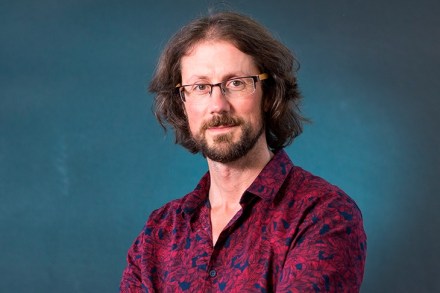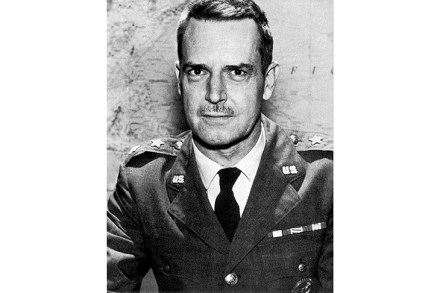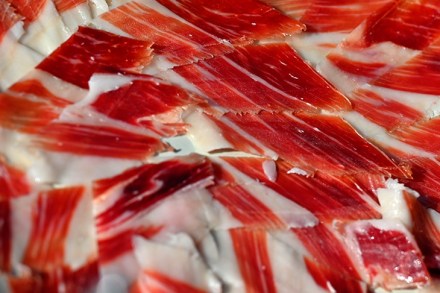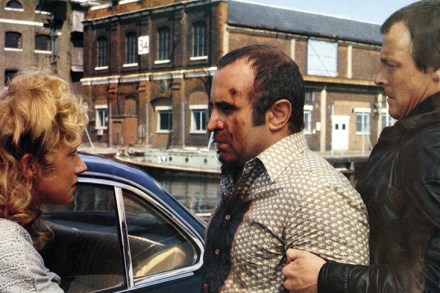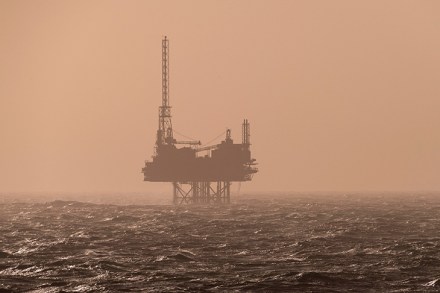A complex creation myth: Alexandria, by Paul Kingsnorth, reviewed
‘Challenging stuff,’ my wife remarked, having alighted on the page of Paul Kingsnorth’s new novel in which a character named el supplies several stream-of-consciousness paragraphs about a ritual dance featuring ‘big Birds runnin round Pole and fyr and mam and mother and all womyn and these big things all hummin’. Dystopian, or by the time
